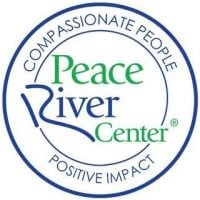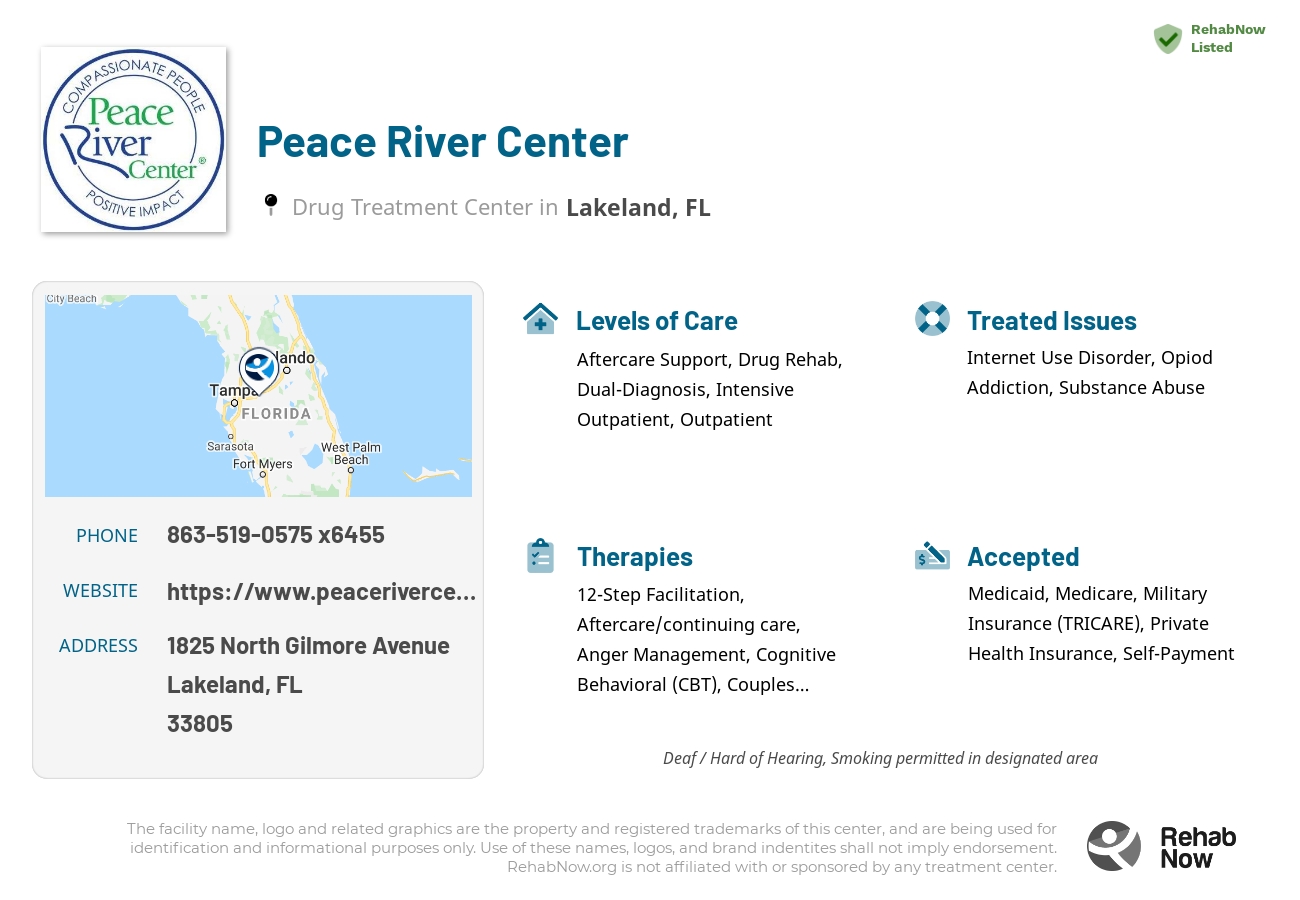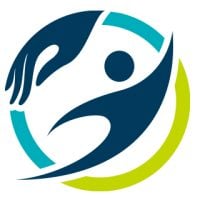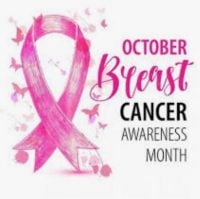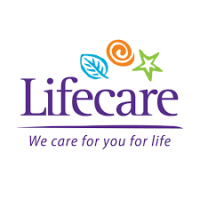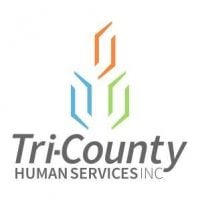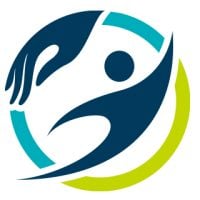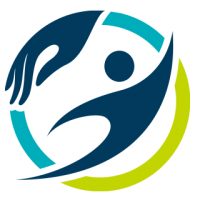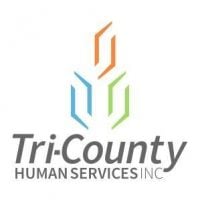Peace River Center
Drug Rehab Center in Lakeland, Florida
Peace River Center is an 80-year-old addiction treatment facility in Lakeland, FL that provides a range of services, including opioid rehab and dual diagnosis disorder treatment, as well as aftercare support and accepts private health insurance to ensure all individuals struggling with substance abuse can access the care they need.
About This Lakeland, FL Facility
Peace River Center is an Addiction Treatment Facility located in Lakeland, Florida. Founded in 1940, this center offers comprehensive services to individuals suffering from opioid addiction, substance abuse, dual diagnosis, drug addiction, alcoholism, and mental health issues. Peace River Center is accredited by JCAHO (Joint Commission on Accreditation of Healthcare Organizations) and holds a State License, ensuring high-quality care and adherence to industry standards. With a dedication to helping individuals overcome addiction and achieve lasting recovery, Peace River Center provides a range of services, including aftercare support, drug rehab, dual-diagnosis treatment, intensive outpatient programs, and outpatient levels of care.
Peace River Center in Lakeland, Florida, is a trusted facility that offers various services to address addiction and substance abuse. Their specialized programs cater to individuals experiencing opioid addiction, substance abuse, dual diagnosis, drug addiction, alcoholism, and mental health disorders. The center provides aftercare support, helping individuals maintain sobriety even after completing their initial treatment. Offering drug rehab options, Peace River Center assists individuals in breaking free from the grip of addiction and rediscovering a healthier, more fulfilling life. With dual-diagnosis treatment, they address the complex relationship between substance abuse and mental health, ensuring comprehensive care. The center also provides intensive outpatient programs and outpatient levels of care, offering flexible treatment options that meet the unique needs and schedules of individuals seeking recovery. Accepting private health insurance, Peace River Center is committed to making their services accessible to those in need.
Genders
Ages
Modality
Additional
Accreditations
State License

JCAHO
Conditions and Issues Treated
Rehab centers exist in Lakeland, FL to help individuals bounce back from substance abuse, which is an umbrella term for drug and alcohol addiction. Drug addiction refers to the use of illegal drugs and improper use of prescription drugs. Centers like Peace River Center provide individuals a chance to access individual and group therapy that can be monumental for recovery.
Substance abuse includes all problems that stem out from using various psychoactive substances. It is also a diagnostic term used by Diagnostic and Statistical Manual of Mental Disorders (DSM-IV) to define the mental and physical impairment or distress caused by misuse and overuse of certain substances in a period of 12 months.
Substance use disorder falls under two categories: Alcohol or Drug Abuse and Drug Dependence. An individual suffering from a substance use disorder and mental health disorders is said to have a co-occurring disorder or a dual disorder. Individuals in Lakeland, FL with substance use disorders and mental health problems are said to suffer from a ‘dual diagnosis’.
The most frequently identified mental health issues found in individuals with substance use disorders include anxiety, depression, schizophrenia, and schizoaffective disorder.
Levels of Care Offered
This center offers a variety of custom treatment tailored to individual recovery. Currently available are Aftercare Support, Drug Rehab, Dual-Diagnosis, Intensive Outpatient, Outpatient, with additional therapies available as listed below.
Intensive outpatient programs are an integral part of the continuum of care for people addicted to drugs and alcohol. Most intensive outpatient programs in Lakeland, FL comprise a 3-hour session three times a week. Usually, the intensity of these programs diminishes over time. These programs offer a range of services, including counselling, medical treatment, and monitoring alcohol and drug use. The programs are ideal for people who do not need treatment at an inpatient or residential facility and continue to need extended care and support.
Outpatient treatment is treatment that occurs when a patient is not checked into a rehab facility. The patient may show up for therapy sessions, go through detox and engage in other therapies to help them recover. However, they will do so while they live at home in Florida.
Outpatient therapy provided by Peace River Center is usually recommended as a follow up to inpatient therapy. It helps patients adapt to their normal lives after treatment. In some cases, it can also be an alternative to inpatient treatment. People may choose this route if they are unable to leave their jobs, children or if they don’t have the money for inpatient treatment. However, inpatient treatment is the best way to recover from addiction.
Aftercare support involves the support given to a Lakeland, Florida patient after they complete treatment. It helps them adjust to normal life. It may include setting them up in a halfway house and enrolling them in programs like Narcotics Anonymous (NA) and Alcoholics Anonymous (AA). Peace River Center‘s patients may also be provided with career training to help them get back into the job force.
Peace River Center‘s Therapies & Programs
Individual therapy aims to identify the core issues that would have led the patient to substance abuse and address the root cause effectively. Patients find the therapist as a person who they can trust. It helps them to open up and discuss personal and sensitive issues, which they may not be comfortable discussing in a group.
Couples therapy is an approach wherein the patients and their partners are engaged together as a part of the treatment process. When a person becomes a victim of substance abuse, it affects the patient and the people around him, particularly his partner. Their relationship can become strained due to lack of communication, financial issues, loss of trust, lack of intimacy, and physical abuse in more severe cases.
Couples therapy addresses these issues and tries to rebuild the trust between the partners. The partner’s involvement in the process will result in greater chances of treatment success and sustained recovery.
Family therapy is a set of therapeutic approaches that assumes that the entire family is a system. It utilizes the strengths and resources of the family to help the patient refrain from resorting to substance abuse. It helps to repair relationships and improve communication between family members.
Group therapy happens at Peace River Center in a controlled group environment, as opposed to a one-on-one setting. It supports Lakeland, FL patients’ recovery by offering a sense of comfort and letting them know that they are not alone. Through shared conversations, patients also learn to develop faith and understanding and gain insight on their addictions.
Unresolved trauma is often a key reason why many patients resorted to substance abuse. Trauma therapy refers to treatment wherein specialist therapists help the patients to resolve the trauma that led the patients to substance abuse. The trauma could be physical abuse, sexual abuse, war, natural disasters, divorce, accident, loss of a loved one, etc. Thinking of these traumatic events causes emotional disturbances like anxiety, depression and results in addiction. If trauma is the primary cause of substance abuse, then both issues must be addressed. Otherwise, there is a risk of relapse. Trauma therapy also improves the cognitive functions and provides long term benefits.
Cognitive behavioral therapy (CBT) is a way of addressing concerns through talking. It can be used in individual counseling sessions. Talking through issues with professionals at Peace River Center can identify sources of discomfort or unhealthy thoughts. It is a way of learning about yourself and your individual perceptions. CBT is a healthy way of addressing some behaviors which may be bringing unintended consequences in your life.
Eye Movement Desensitization and Reprocessing (EMDR) is designed to support patients in treating trauma. Patients follow a bar of light throughout the session or watch their therapist’s finger travel back and forth. All this imitates the eye movements of REM sleep. These are the same movements that enable memories to be reprocessed by the brain. This reduces the impact and reprocesses traumatic memories have individuals, reducing the desire to shelter or escape by abusing substances.
Nicotine replacement therapy (NRT) is a treatment that helps people to quit smoking. NRT reduces the withdrawal symptoms by giving nicotine in low doses. It is safe for most adults, teens and pregnant women should not undergo NRT. Research shows that the use of NRT doubles the chances of quitting smoking.
Patient Experience
Experiential Therapy at Peace River Center
Experiential therapy works on the principle that the perception of individuals determines their behavior. It is different from medication and talk therapy and suits those who have difficulty in expressing themselves and interact. Experiential therapy works by using tools and activities to recreate past experiences and encourages the release of suppressed thoughts that were responsible for the negative feelings and drug addiction.
Role-playing, arts and crafts, music, animal care, rock climbing, etc. are some of the activities used in this therapy. Gradually the individual will experience calmness and love and change their perception positively. Other than drug addiction, Experiential therapy is useful in various behavioral and eating disorders.
Payment Options Accepted
For specific insurance or payment methods please contact us.
Is your insurance accepted?
Ask an expert, call (888) 674-0062
Additional Details
Specifics, location, and helpful extra information.
Lakeland, Florida 33805 Phone Number863-519-0575 x6455 Meta DetailsUpdated November 25, 2023
Staff Verified
What else do people call Peace River Center?
People have occasionally also searched for “Peace River Center Substance Abuse Services in Florida”
Patient Reviews
There are no reviews yet. Be the first one to write one.
Lakeland, Florida Addiction Information
Florida is one of the nation's epicenters for substance abuse and drug-related overdoses. In 2014, around 410,000 Florida residents were addicted to drugs and alcohol. Over the last 10 years, 12% of all deaths in the state were attributed to substance abuse. Treatment admissions for alcohol reached 24,329 patients in 2016, and 2.5% of Florida high school students admitted to using crack cocaine.
Lakeland, FL, has a moderate to the high drug addiction problem. In 2016, 12.9 percent of Lakeland residents aged 12 and older reported. Additionally, 9.8 percent of Lakeland residents reported alcohol dependence. The latest statistics show that there has been a 4.1% increase in drugs like oxycodone and hydrocodone since 2013. If you're looking for the best drug treatment facility in Lakeland, Florida, you can start by doing some research online.
Treatment in Nearby Cities
- Brooksville, FL (43.0 mi.)
- Palm City, FL (120.6 mi.)
- Coral Springs, FL (161.6 mi.)
- Indian Rocks Beach, FL (55.9 mi.)
- Treasure Island, FL (54.1 mi.)
Centers near Peace River Center
The facility name, logo and brand are the property and registered trademarks of Peace River Center, and are being used for identification and informational purposes only. Use of these names, logos and brands shall not imply endorsement. RehabNow.org is not affiliated with or sponsored by Peace River Center.
